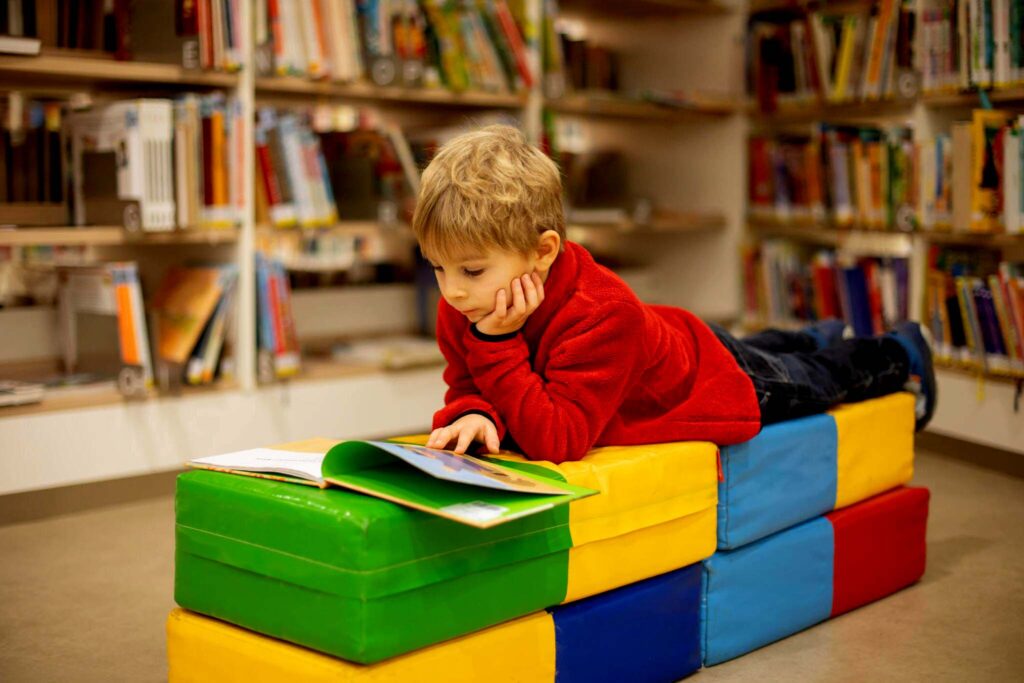Title: “Unlocking Potential: The Montessori Method in Education”
Introduction:
Welcome to our exploration of the Montessori approach to education, a philosophy that goes beyond traditional teaching methods to foster a holistic and child-centric learning environment. In this blog post, we delve into the core principles of Montessori education and explore the myriad benefits it offers to young minds.
Understanding Montessori Education:
Founded by Dr. Maria Montessori in the early 20th century, the Montessori Method is centered on the belief that children are naturally curious and learn best when allowed to explore and discover at their own pace. This method focuses on nurturing a child’s innate desire to learn, fostering independence, and promoting a love for lifelong learning.
Key Principles of Montessori Education:
1. **Child-Centric Learning:** Montessori classrooms are designed to accommodate the unique needs and interests of each child. Students are encouraged to follow their natural curiosity, fostering a deep and personalized learning experience.
2. **Mixed-Age Classrooms:** In Montessori schools, children of different ages share a classroom. This encourages collaboration, mentorship, and a sense of community. Younger children learn from older peers, while older children reinforce their understanding by teaching younger classmates.
3. **Hands-On Materials:** Montessori classrooms are equipped with a variety of hands-on, developmentally appropriate materials that facilitate learning through touch and exploration. These materials are carefully designed to promote the development of specific skills and concepts.
4. **Freedom within Limits:** Montessori education emphasizes self-discipline and responsibility. Students have the freedom to choose their activities within a structured environment, teaching them to make independent choices while respecting the boundaries set by the teacher and the community.
Benefits of Montessori Education:
1. **Cultivating Independence:** Montessori education empowers children to take charge of their learning. By allowing them to make choices and learn at their own pace, students develop a strong sense of independence and self-motivation.
2. **Love for Learning:** The Montessori Method instills a love for learning by making education an enjoyable and engaging experience. Children develop a positive attitude towards learning, setting the foundation for a lifelong passion for knowledge.
3. **Social and Emotional Development:** Through collaboration in mixed-age classrooms, children learn valuable social skills, empathy, and conflict resolution. This fosters emotional intelligence and creates a supportive community within the classroom.
Conclusion:
In a Montessori school, education is not just about academics; it’s about nurturing the whole child—cognitively, emotionally, and socially. The Montessori Method lays the groundwork for a lifelong love of learning, emphasizing the importance of individuality, independence, and community. Choosing a Montessori education is an investment in unlocking the full potential of each child, fostering a foundation for success in both academics and life.


